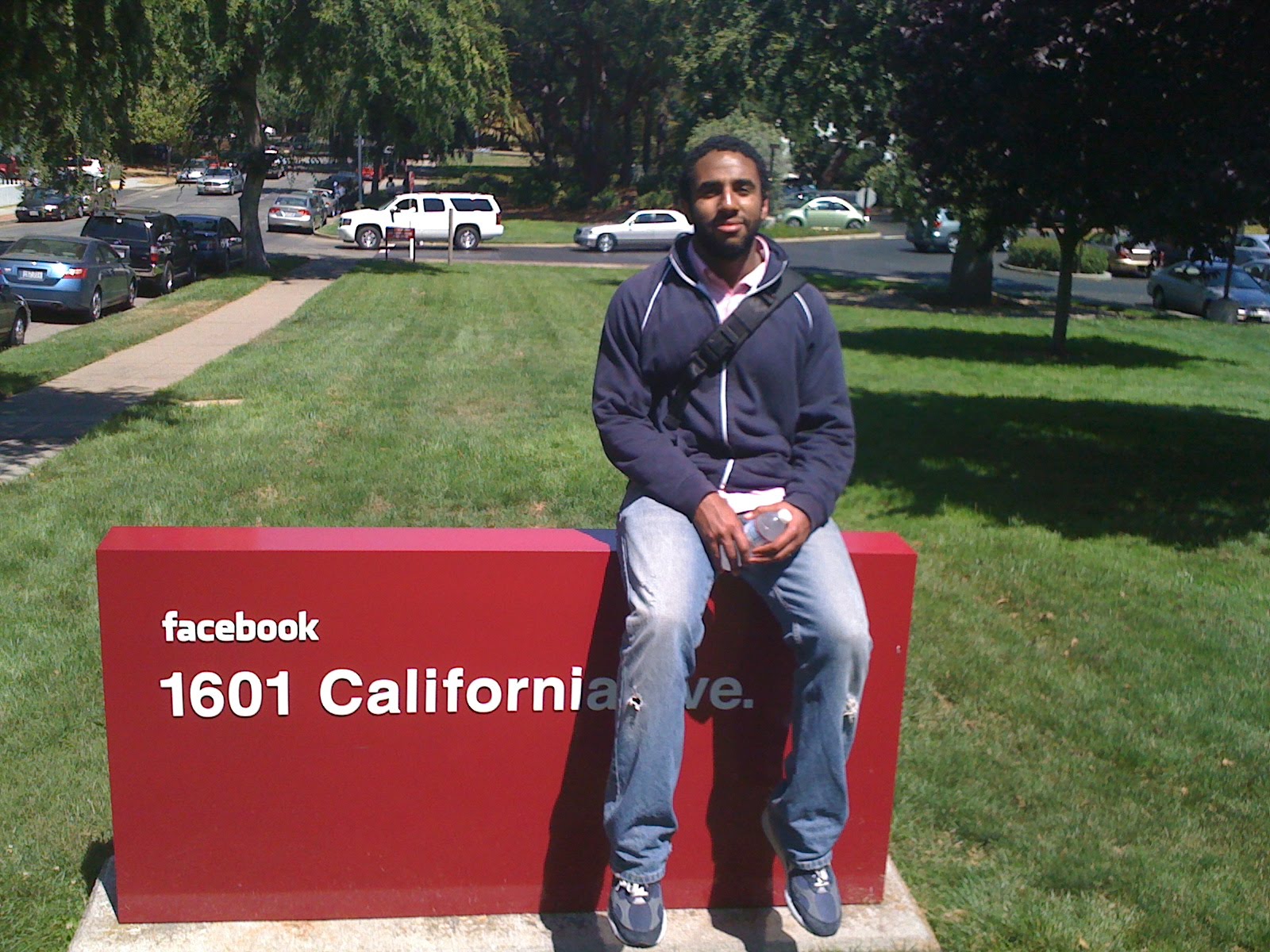This morning, I logged onto my computer like every other Monday morning and started my daily calisthenics of Twitter and LinkedIn feed browsing before my first call of the day. I expected my feed to be two parts NFL conference championship commentary, two parts MLK Day commentary. But given that the quarterbacks leading all 4 teams yesterday were white men, I didn’t expect much commentary drawing the relationship between these American cultural artifacts.
To my
Knowing that this was published by a university librarian, I assumed I would hear an office of communications-approved message about the importance of Dr. King’s contributions to society, which is par for the course within today’s higher ed landscape. What I didn’t expect was a culturally-responsive freestyle that was so fresh it couldn’t possibly have gone through the maze of university approvals.
While listening I couldn’t help but wonder whether I was getting a glimpse into the future of higher education leadership. Three ideas stood out to me about this five-minute audio clip.
1. As a leader, you are the antidote to commoditization.
Unless you are one of a handful of institutions, your institution runs the risk of commoditization among your target talent pool. Millenial job applicants have entered a workforce where the number of quality options to leverage a specialized degree like an MLIS are decreasing. The road of applying to my “top 5” libraries to work at has become a myth, paved by a more sobering realization that stable employment in an increasingly unstable society is the primary priority. In this new recruitment landscape, your organization starts to look more like all of the others for reasons that are completely outside of your control.
Investing in your development as a leader has to be one of your top priorities, and must be negotiated as such. Your skills, your ideas, your goals, your perspectives, your network, must all be brought to bear in order to be successful as a leader in the 21st-century library. At the end of the day, your ability to attract diverse/quality talent, retain engaged and effective staff will come down to your leadership – not your institution’s. Said another way, given the choice to work for a leader with a strong vision for the future versus an organization with a strong legacy from the past, your target audience will choose the former all day. At the end of the day, as a leader you have a decision to make: If our institution’s brand is struggling to differentiate itself from other comparable offerings, and our “product” is becoming commoditized (e.g. What’s the difference between me applying for a job at universities X and Y if they have the same enrollment, same budget, same collection size, etc…), what is our solution? I believe the answer is you.
In five minutes, Matthew helps candidates considering applying for jobs like the AUL for Digital Initiatives gain a view into his interests, perspectives, and goals for himself, his teams, and his organization. Applicants have more context for what it will be like to work under his leadership as opposed to another comparable organization that relies on the institutional marketing machine to craft the library’s narrative.
2. Who you are trumps what you do.
Tomorrow’s leaders, who are entering their first university librarian or AUL roles today, will leave their mark by bridging the traditionally incongruous worlds of personal values and professional duties. In the past, it’s been highly discouraged to bring yourself to work. Bosses and mentors would instruct us to keep your personal views separate from the institution. But if you are responsible for attracting the best talent to your organization, you have to connect with people. It’s hard to do that if you’re in robot mode all the time. Also, you too are subject to the same physics of the employment landscape as the people you seek to recruit, and have inherited circumstances that you have to make
I meet with library leaders all the time who fail to realize that they are their institution’s brand. The exceptions focus less on what strategic initiatives the library
Dames used this short clip to connect a number of dialogues taking place in the library community by sharing his personal experience in America, making an announcement to digital initiative managers around the world of critical pieces of information that a job description isn’t capable of capturing.
3. Tech savvy is no longer preferred. It’s required.
It’s widely acknowledged that we are in a unique age where individuals possessed democratized access to the tools and distribution mechanisms to promote their message – a luxury was historically afforded by society’s elites. What’s acknowledged to a lesser degree is the opportunity library leaders have to capitalize on these tools to accomplish their strategic talent goals – both from a recruitment and retention perspective.
With the power of personal publishing platforms, and a knack for storytelling, library leaders have an opportunity to help their institutions better engage and understand their teams, and their target audiences. And let me be clear. What’s not required is any level of professional editing or publishing skills, but
- They spend more time on social media apps than any generation prior. If you’re not on social, you don’t exist. Out of sight, out of mind. You have a better chance today of personally building your talent pool than any of your predecessors. Your marketing budget is irrelevant.
- As a
result they are saturated with advertising campaigns, developing a sixth sense of what’s produced and manufactured versus what’s authentic and from the heart. There’s value to putting out a cell phone camera quality youtube video or SoundCloud clip instead of running it by your marketing person. - It’s no longer sufficient to have a Twitter account. Who doesn’t? The goal
is regularly reflect on what makes working for you unique, and to take measured risks around engaging your community in dialogue using these tools.
I assume that Matthew couldn’t have spent more than an hour after watching the football game last night using a laptop, maybe an iPhone, and a free SoundCloud account to share some reflections on this day in history. If one person applies to a current job opening of
Conclusion
With the delayed retirement bubble growing, library leaders have an unprecedented opportunity to change the trajectory of their organizations by surrounding themselves with elite talent en masse. If you are new to library leadership, there’s no blueprint for you. You’re the first in a long lineage of library leaders at your institution who will be responsible for navigating your organization out of the information age into the age of intelligence. From following Matthew for the past few months as he settles into his new role, I’m thrilled to see what’s next for him and his team. Considering how I felt this morning when my personal and professional worlds collided, I caught a glimpse of how leaders can best stand out from the pack. This isn’t just a moment. It’s a movement.



